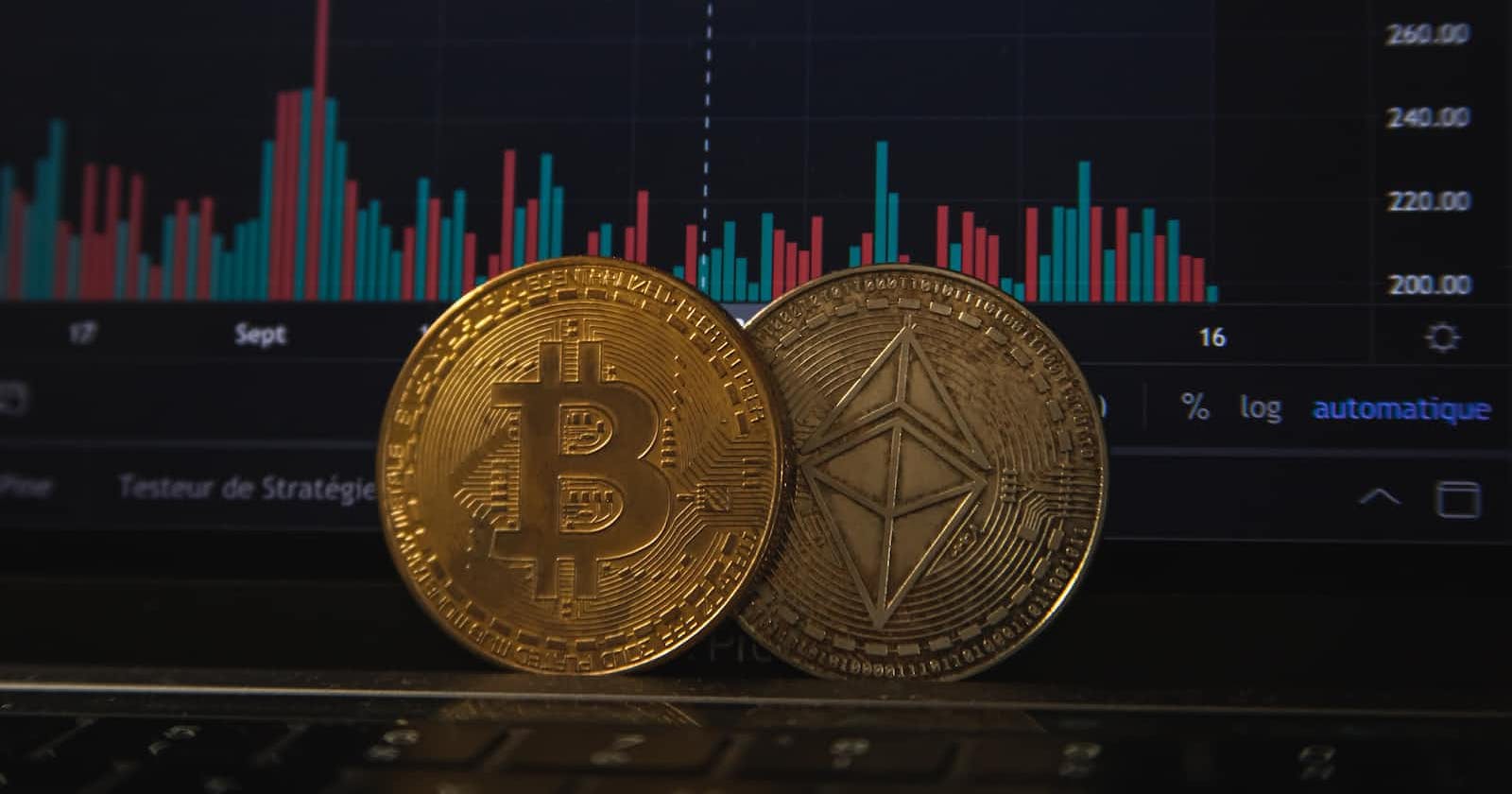
Photo by Pierre Borthiry - Peiobty on Unsplash
The Future of Blockchain Technology: What to Expect in the Coming Years
Blockchain technology has quickly become one of the most exciting and promising areas of innovation in recent years. As a decentralized and immutable ledger, blockchain has the potential to transform a variety of industries and sectors, from finance and supply chain management to voting systems and beyond. In this blog post, we'll explore the current state of blockchain technology, critical advancements in the field, future applications, and the challenges and opportunities that lie ahead, so make sure to read to the end🔥💯.
Introduction
Blockchain is a distributed ledger technology that is immutable, secure, and decentralized. It is used to record transactions and data in a transparent and verifiable way. Since its invention in 2008, blockchain has been applied to various industries and sectors and has the potential to revolutionalize how we do business.
Current State of Blockchain Technology
Currently, blockchain technology is primarily used for cryptocurrency transactions. Bitcoin, the first blockchain-based cryptocurrency, was introduced in 2009, and since then, various other cryptocurrencies have emerged, including Ethereum, Ripple, and Litecoin. However, blockchain technology has also been adopted in several other industries, such as supply chain management, real estate, healthcare, and finance.
In the supply chain management industry, blockchain technology is used to track products from the point of origin to the point of consumption, reducing the risk of fraud and counterfeiting. In the real estate industry, blockchain technology can be used for property title management, making the process more secure and efficient. In healthcare, blockchain technology is used to secure and share medical records, increasing efficiency and reducing medical errors.
Critical Advancements in Blockchain Technology
One of the most significant advancements in blockchain technology is the development of smart contracts. Smart contracts are self-executing contracts with the terms of the agreement between buyer and seller being directly written into lines of code. They allow for the automation of complex transactions and can be used for a variety of applications.
Another critical advancement in blockchain technology is the development of decentralized applications (dApps). dApps are built on top of blockchain platforms and can be used for various purposes, such as decentralized finance (DeFi) applications. DeFi applications allow for financial transactions to be conducted without intermediaries, reducing costs and increasing efficiency. Other dApps can be used for voting systems, gaming, and social media platforms.
Future Applications of Blockchain Technology
The potential applications of blockchain technology are vast and varied. In the finance industry, blockchain technology can be used to facilitate cross-border payments, reduce transaction costs, and increase efficiency. Blockchain technology can also be used for secure and transparent voting systems, preventing fraud and ensuring fair elections.
Additionally, blockchain technology can be used for digital identity verification, supply chain management, and property rights management. Blockchain technology can also be used for energy trading and renewable energy certificate trading, reducing the complexity and cost of trading renewable energy certificates.
Challenges and Opportunities
Despite the potential of blockchain technology, several challenges and opportunities exist. One of the most significant challenges is scalability, as most blockchain platforms are currently unable to handle large-scale transactions. Additionally, interoperability between different blockchain platforms is limited, making it challenging to integrate different systems. Moreover, there are regulatory issues that need to be addressed, as many countries have yet to establish clear regulations for blockchain-based solutions.
However, there are also several opportunities, such as the growth of decentralized finance (DeFi) and the increasing adoption of blockchain-based solutions by businesses. DeFi is a growing industry that offers financial services without intermediaries, and its growth has been fueled by blockchain technology. Many businesses are also adopting blockchain technology to improve their supply chain management and data security.
In conclusion, Blockchain is a transformative technology with the potential to revolutionize various industries. Despite its current limitations and challenges, the future of blockchain technology looks promising, with critical advancements and potential applications emerging.
Thanks for reading, make sure to highlight your thoughts in the comment section🔥💬.

